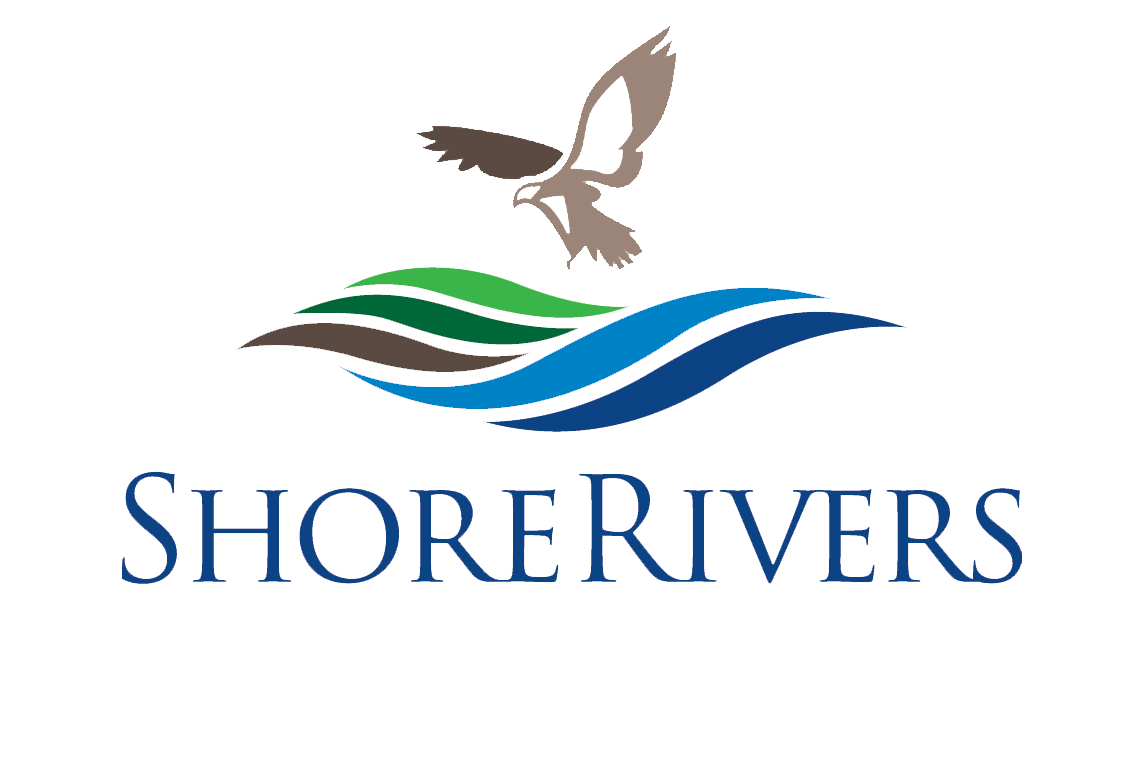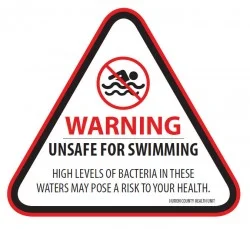LETTER TO THE EDITOR
(EASTON) May 20, 2018
Two days prior to the inaugural Maryland Freedom Swim, an open water swim across the Choptank River scheduled for Sunday, May 20, race directors and health officials made the decision to cancel the event. The decision was based on water quality concerns related to the significant amount of rainfall Dorchester County experienced over several days prior to the swim.
Water quality samples collected from the finish line on the Wednesday before the race reported elevated levels of bacteria. Bacteria pollution poses significant human health risk to swimmers and others who come in contact with affected water. With even more rain in the forecast leading up to the day of the event, health officials believed the bacteria levels were likely increasing, causing them to declare the river unsafe for swimming.
It’s unacceptable and disheartening that our rivers are not swimmable at all times. The rivers and waterfront are what draw so many people to this area, yet manmade runoff pollutes our rivers to the point where swimming is unsafe. It is important to note that our rivers don’t generate their own pollution—our land-based pollution washes into local waterways through runoff and other means.
Nutrients and bacteria washed into our rivers fuel algal blooms, cloud the water, make oysters and other shellfish unsafe to eat, and otherwise degrade the habitat and water quality of the river. But impacts from water pollution transcend environmental issues.
As we learn from this situation, an unhealthy environment hurts our economy. The Maryland Freedom Swim was expected to bring over 170 swimmers and their fans to visit and patronize local shops, restaurants and businesses. Because of poor water quality, our communities lose the opportunity to benefit and grow economically. We will never be able to have thriving working waterfront communities if we have polluted rivers.
There is a major lesson that we can all learn from this situation—we need better control and management of our towns, our fields, and all the roadways in between; we need better control on what we put down on our lawns, we need to maintain our septic systems, and manage our runoff; and we need better monitoring at all of our local swimming beaches and swimming spots around the river. Everyone who enters the water to swim or recreate should be doing so with the confidence that they won’t get sick.
This isn’t a case of pointing fingers and asserting blame on any one sector but instead taking individual responsibility to become educated, reduce polluted runoff, and advocate for regulations and controls that improve our water quality and not degrade them.
Together, let’s make the Choptank swimmable for everyone every day.
Matthew Pluta
Choptank Riverkeeper
mpluta@shorerivers.org

